Monday – 20 June 2022 – Session I
All keynote speakers and panelists information can be found at: https://events.vtsociety.org/vtc2022-spring/speakers-2/
Keynote Speakers:
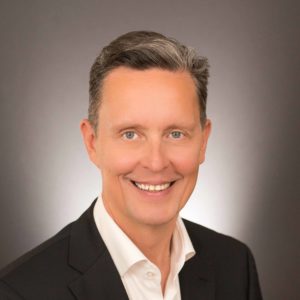 Hannu Kauppinen, Nokia, Finland
Hannu Kauppinen, Nokia, Finland
Title: A glimpse at 6G
Abstract: The 6G era will be defined by the symbiosis of digital, physical, and biological worlds with the goal to augment human productivity and well being. While in the 5G era, with thanks to the massive scale deployment of sensors, the digital world perfectly captures past and current states of the physical world, the connection of these two worlds with the biological or cognitive world remain largely unaddressed. We believe that in the 6G era cognitive systems will anticipate individual and collective intents to plan for actions in the worlds that optimally serve human needs. For that to happen we will need to witness significant advances in artificial intelligence, computing and sensing technologies. Sustainability will be an integral part of the new system architecture design. The 6G network will be the essential infrastructure for the integration of these future capabilities.
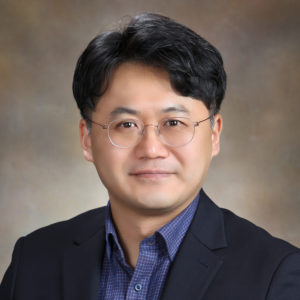 Juho Lee, Samsung Fellow, Samsung
Juho Lee, Samsung Fellow, Samsung
Title: 6G – The Next Hyper-Connected Experience for All
Monday – 20 June 2022 – Evening Session
Keynote Speaker
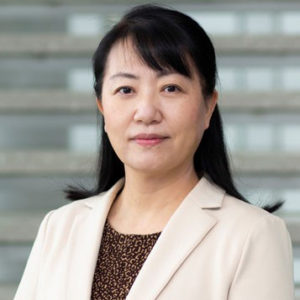 Rose Hu, Utah State University, USA
Rose Hu, Utah State University, USA
Title: Federated Learning With Efficiency and Privacy Considerations in Wireless Networks
Abstract: Centralized data collection and training in conventional machine learning (ML) algorithms have raised many concerns including privacy restrictions and communication cost due to massive amount of data transfer. Federated leaning (FL) exploits the rapidly growing computational capacity in small local devices and allows these devices to train ML models locally and only exchange the trained model parameters with the edge server. Through this, FL can greatly alleviate data privacy concern, reduce communication cost, and help build a scalable centralized ML model. FL methods offer a number of prominent advantages, including scalability and data privacy. On the other hand, a large-scale wireless network normally involves many heterogeneous devices with varying constraints and encounters very dynamic channel environments. This raises many challenges such as system heterogeneity, statistical heterogeneity, privacy and security, user scheduling, fairness in FL. This talk will present some of our recent research outcomes on model parameter transmission schemes and user scheduling strategies in FL that tackle these challenges. Techniques such as NOMA and over-the-air computation are introduced to achieve fast ML training. Model parameter compression and sparsification are further introduced to reduce the wireless communication cost. Moreover, model update-based aggregation is applied to defend against Byzantine attacks and individual client model initialization schemes are exploited to enhance privacy protection in FL.
Tuesday – 21 June 2022 – Session 3
All keynote speakers and panelists information can be found at: https://events.vtsociety.org/vtc2022-spring/speakers-2/
Keynote Speaker:
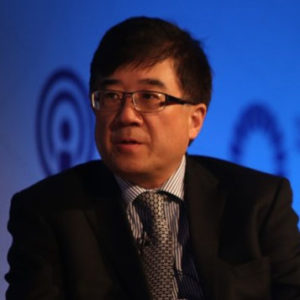 Wen Tong, Huawei
Wen Tong, Huawei
Title: Building the Mega Constellation Satellite Network: 6G-NTN
Abstract: In this talk, we present the concept and design of the emerging low orbit mega satellite constellations, the overall system performance evaluation and innovative new use cases. We present a host of the enabling technologies orbit designs: (1) the satellite-as-space-bastion; (2) the inter-satellite networking; (3) the satellite to mobile access and mobile to satellite access; (4) the spectrum comparison. As a foundational enabler for 6G, non-terrestrial-network will provide, for the first time, the full earth coverage, the 6G-NTN will create disruptive innovative use cases in many areas, we also discuss their revolutionary impacts.
Keynote Panel: Global View on 6G
Abstract: Despite a target of commercial 6G deployments at the end of this decade, globally significant research efforts towards 6G have been ongoing for some time and requirement analysis in 3GPP is not far in the future. In 2030 and beyond, the world will face challenges and opportunities for growth and sustainability while proactively tackling the issues of green deal efficiency, digital inclusion, and protection of health and safety in a post-pandemic world. Wireless technologies are critical for our society and economy today; their importance for growth will continue to increase steadily. This panel will give an update on the current status of actions towards 6G.
The following leaders of 6G technology and architecture have confirmed attendance:
Moderator:
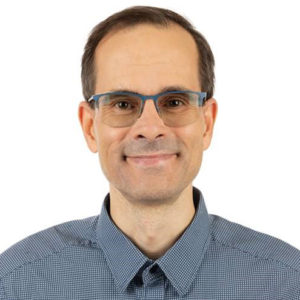 Mikko Uusitalo, Overall Lead, European 6G Flagship Hexa-X and Head of Research Department, Nokia Bell Labs Finland
Mikko Uusitalo, Overall Lead, European 6G Flagship Hexa-X and Head of Research Department, Nokia Bell Labs Finland
Panelists:
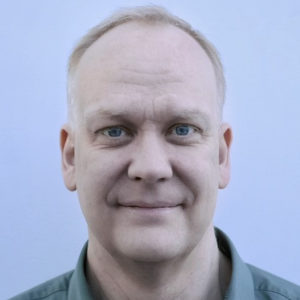 Patrik Persson, 6G Program Manager Director, Ericsson
Patrik Persson, 6G Program Manager Director, Ericsson
 Juho Lee, Samsung Fellow, Samsung
Juho Lee, Samsung Fellow, Samsung
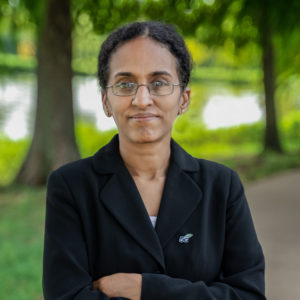 Devaki Chandramouli, Steering Group Co-Chair of Next G Alliance, Nokia Bell Labs Fellow, Nokia
Devaki Chandramouli, Steering Group Co-Chair of Next G Alliance, Nokia Bell Labs Fellow, Nokia
 Prof. Hans Schotten, TU Kaiserslautern, Coordinator 6G Platform Germany
Prof. Hans Schotten, TU Kaiserslautern, Coordinator 6G Platform Germany
Wednesday – 22 June 2022 – Session 3
All keynote speakers and panelists information can be found at: https://events.vtsociety.org/vtc2022-spring/speakers-2/
Keynote Speaker:
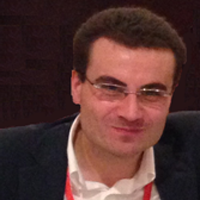 Marco Di Renzo,
Marco Di Renzo,
Title: Reconfigurable Intelligent Surfaces for Wireless Communications
Abstract: A Reconfigurable Intelligent Surface (RIS) is a planar structure that is engineered to have properties that enable the dynamic control of the electromagnetic waves. In wireless communications and networks, RISs are an emerging technology for realizing programmable and reconfigurable wireless propagation environments through nearly passive and tunable signal transformations. RIS-assisted programmable wireless environments are a multidisciplinary research endeavor. This presentation is aimed to report the latest research advances on modeling, analyzing, and optimizing RISs for wireless communications with focus on electromagnetically consistent models, analytical frameworks, and optimization algorithms. In addition, the interplay between RISs and holographic surface-based transceivers will be discussed with focus on near-field communications in line-of-sight channels.
Keynote Panel: On the Road to Quantum Communications
Abstract: As a benefit of substantial global investment into quantum engineering, in recent years ‘quantum leaps’ have been made in the field of quantum-domain information processing, communications and computing. Following an introduction to this alluring research subject, the topics of satellite-based quantum communications and quantum secure direct communications will be highlighted, as we speculate about the roadmap of rolling out the quantum Internet of the future…
The following leaders of the “On the Road to Quantum Communications” have confirmed attendance:
Moderator:
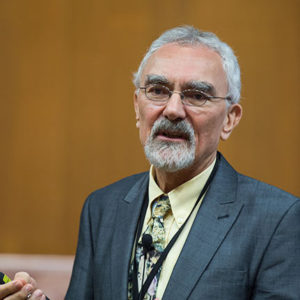 Lajos Hanzo, University of Southampton, UK
Lajos Hanzo, University of Southampton, UK
Panelists:
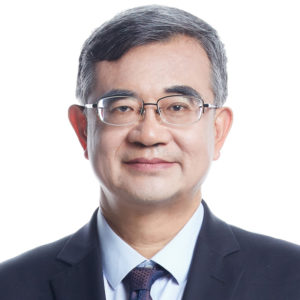 Gui-Lu Long, Tsinghua University, Beijing
Gui-Lu Long, Tsinghua University, Beijing
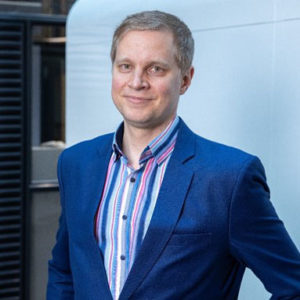 Mikko Mottonen, Aalto University
Mikko Mottonen, Aalto University
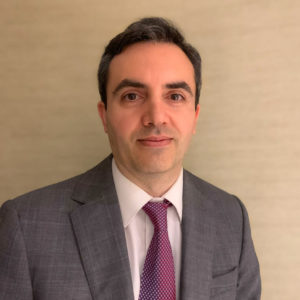 Mohsen Razavi, Leeds University
Mohsen Razavi, Leeds University
